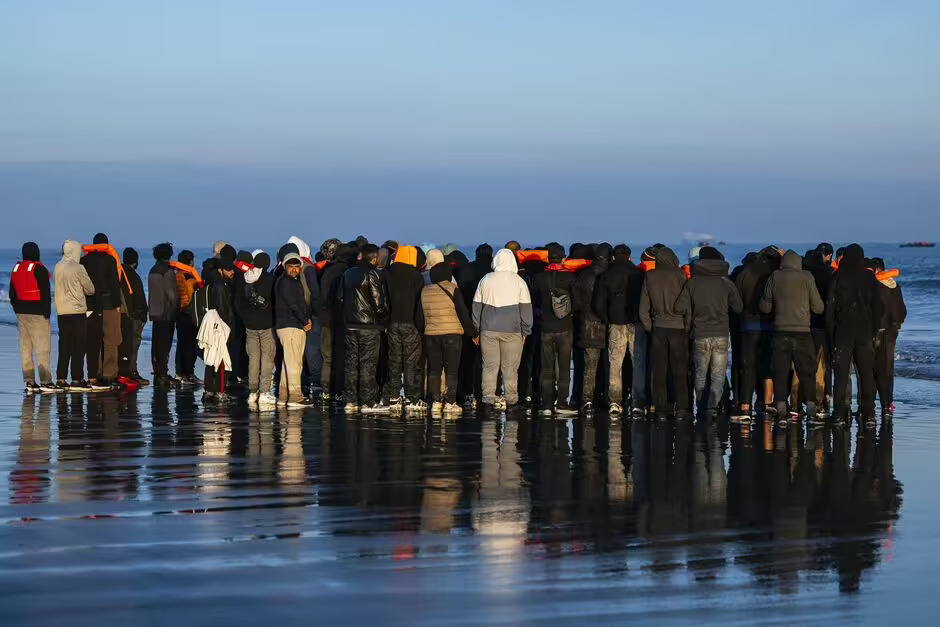A senior official at the European Court of Human Rights (ECHR) has admitted that human rights laws may need to be reviewed as the UK and other European countries continue to face rising levels of illegal migration. Alain Berset, the Secretary General of the Council of Europe, said the institution is “absolutely ready” to discuss possible reforms. This comes as pressure grows inside the UK to withdraw from the ECHR altogether.
The Council of Europe, based in Strasbourg, oversees how the human rights convention is applied across its 46 member states. Both Reform UK and the Conservative Party have argued that leaving the ECHR would give the UK more control over its borders. They claim that current human rights rules make it harder to deport people who arrive illegally or commit serious crimes.
However, Mr Berset urged caution. He said he is willing to have an open discussion on how migration laws are interpreted, but warned that leaving the ECHR could harm Britain’s global influence. According to him, stepping away from the treaty would risk the UK becoming “isolated” from key international discussions on migration and security cooperation.
Why do some UK politicians want to leave the ECHR?
They argue the convention allows migrants to claim “right to family life” protections that block deportations.
Why does the ECHR disagree?
The ECHR says cooperation and reform within the treaty is better than withdrawing from it.
Prime Minister Sir Keir Starmer has already said his government intends to change how the right to privacy and family life is interpreted, in order to prevent immigration lawyers from using it to delay or stop removals. But he has stopped short of committing to fully quit the treaty.
Calls for reform are growing elsewhere in Europe too. Nine EU nations have asked for changes to how the ECHR rules are implemented, though any amendment would require agreement from all member states. This means any major reform would take time and involve lengthy negotiations.
The UK continues to face record numbers of migrants crossing the English Channel in small boats. Over 36,000 arrivals have been recorded this year, costing taxpayers an estimated £4.76 billion in 2024/2025 for housing, processing, and support. The country also saw the highest number of asylum applications in Europe last year, with 108,000 claims, rising sharply from 84,000 in 2023.
Data from the Organisation for Economic Co-operation and Development (OECD) shows that while UK asylum claims increased significantly, countries like France and Germany recorded decreases during the same period. This contrast has fueled stronger political debate over migration control within the UK.
As conversations continue, the balance between protecting human rights and managing border security remains one of the most challenging issues for European policymakers. The outcome of these discussions may shape the future of migration laws and international cooperation for years to come.

